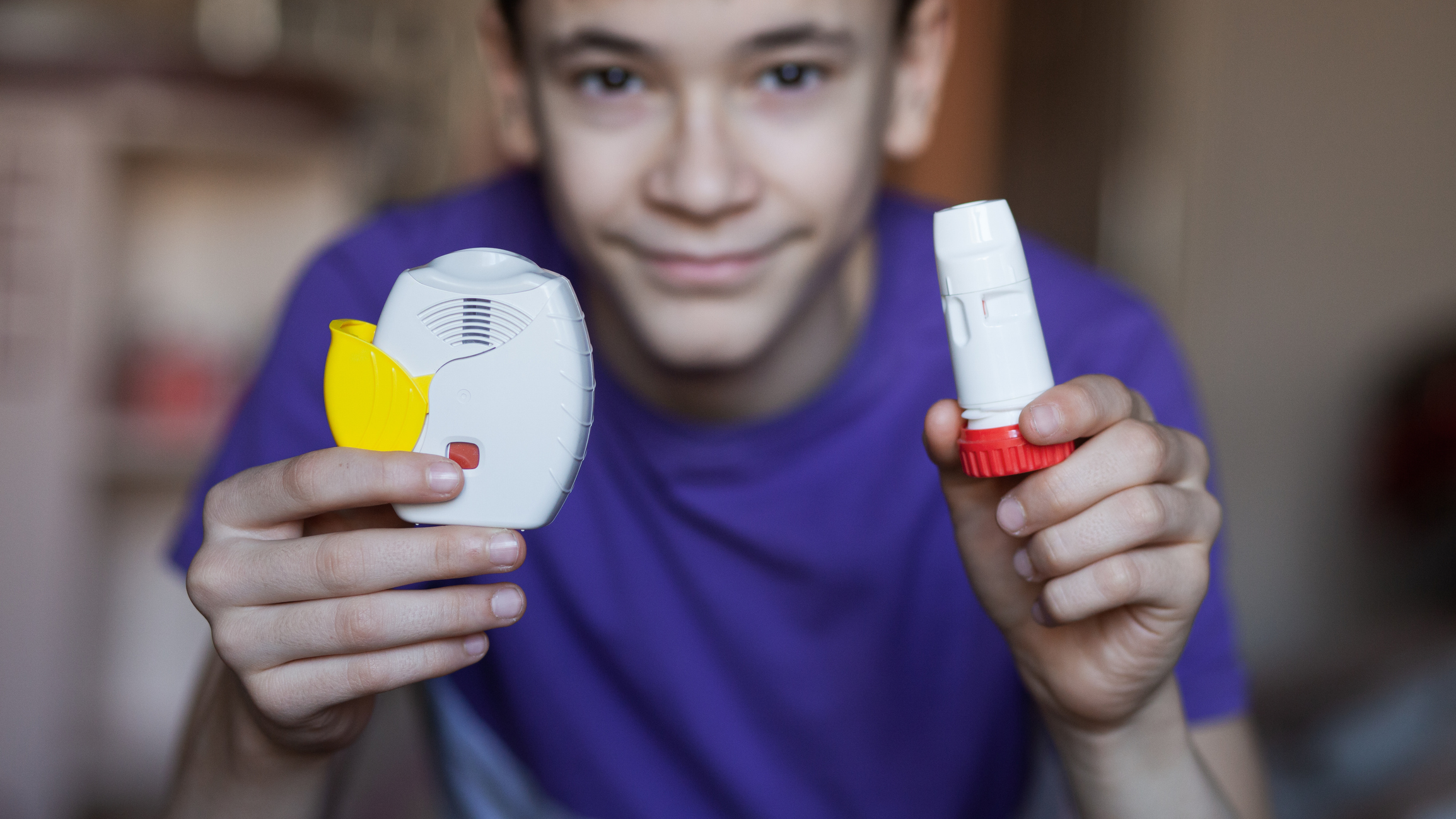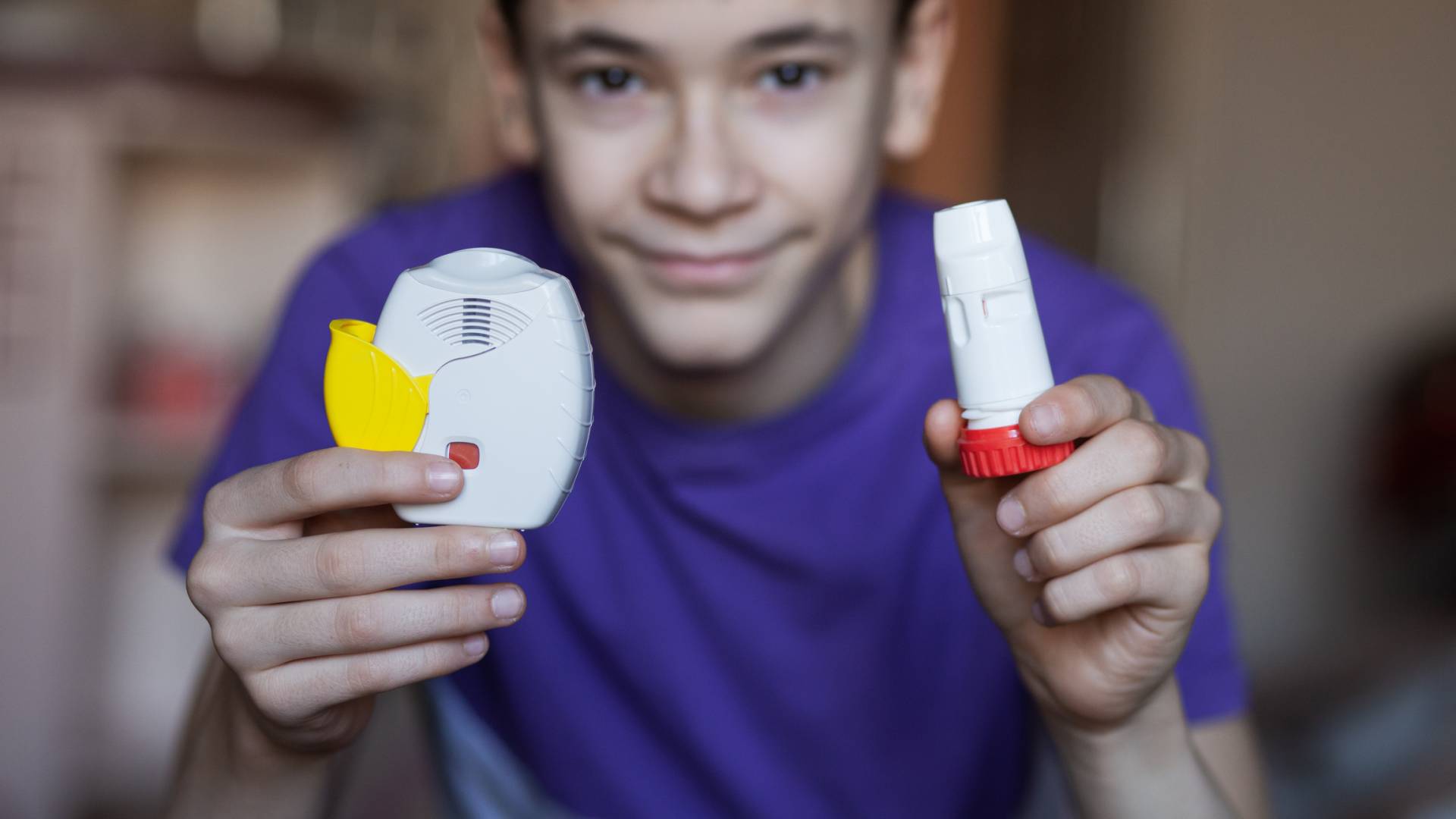Organisation
Tiny Medical Apps Ltd
The Challenge
Asthma inhalers are responsible for approximately 3% of the NHS's total carbon emissions, largely due to the use of pressurised metered-dose inhalers (pMDIs), which contain aerosol propellants. Traditionally, initiatives to address this issue have focused on clinician-driven recommendations to switch to greener inhalers. However, this approach has proven slow to gain traction, partly due to limited patient engagement and awareness.
Innovation
The Patient Led Asthma Inhaler Net zero Initiative (PLAIN-I) project aims to shift this dynamic by empowering patients to take the lead in making environmentally responsible choices. By leveraging the existing Digital Health Passport (DHP) app, PLAIN-I engages young asthma patients directly, promoting self-initiated transitions to low-carbon inhalers while maintaining optimal asthma control.
The PLAIN-I project, building on the proven success of Tiny Medical App's Digital Health Passport, introduces innovative strategies to reduce the carbon footprint associated with asthma inhalers.
Key Features:
- Digital Health Passport Integration: A widely used app that facilitates asthma self-management and medication tracking.
- Green Inhaler Educational Content: Informative modules promoting the benefits of low-carbon inhalers.
- Interactive Pharmacy Finder: A map tool to locate safe inhaler disposal points.
- Social Media Engagement: Innovative use of TikTok to reach young people with impactful messages about greener inhalers, and how to dispose of them correctly.
- Behaviour Change Techniques: Integrated prompts to encourage discussing inhaler options with healthcare providers.
- NHS Login Integration (Upcoming): Enabling precise tracking of inhaler usage and carbon impact.
Cost to NHS: ICB commissioning £50-120K dependent on services
Market Approach: Platform as a Service.

Impact
The PLAIN-I project has shown significant success in social media-driven engagement, particularly through TikTok:
- 130,000 views on educational content, primarily aimed at young people.
- 22,000 engagements (likes, comments, shares), demonstrating high relevance and resonance.
- Cost per engagement: £0.68, highlighting cost-effectiveness.
- New Innovations: Introduction of the interactive pharmacy finder and educational prompts for sustainable inhaler choices.
- Behavioural Insights: Testing varied content formats on TikTok revealed that practical, relatable messaging outperformed more clinical approaches.
- Youth Engagement: Demonstrated that young people are highly responsive to environmental health messaging when presented in relatable, social formats.
Reaching the younger cohort through TikTok has not only been highly effective but also revealed important insights into how youth perceive green initiatives. The campaign’s success demonstrates the value of social media as a tool for behaviour change, especially when addressing public health and environmental issues.
Date published
June 2025

